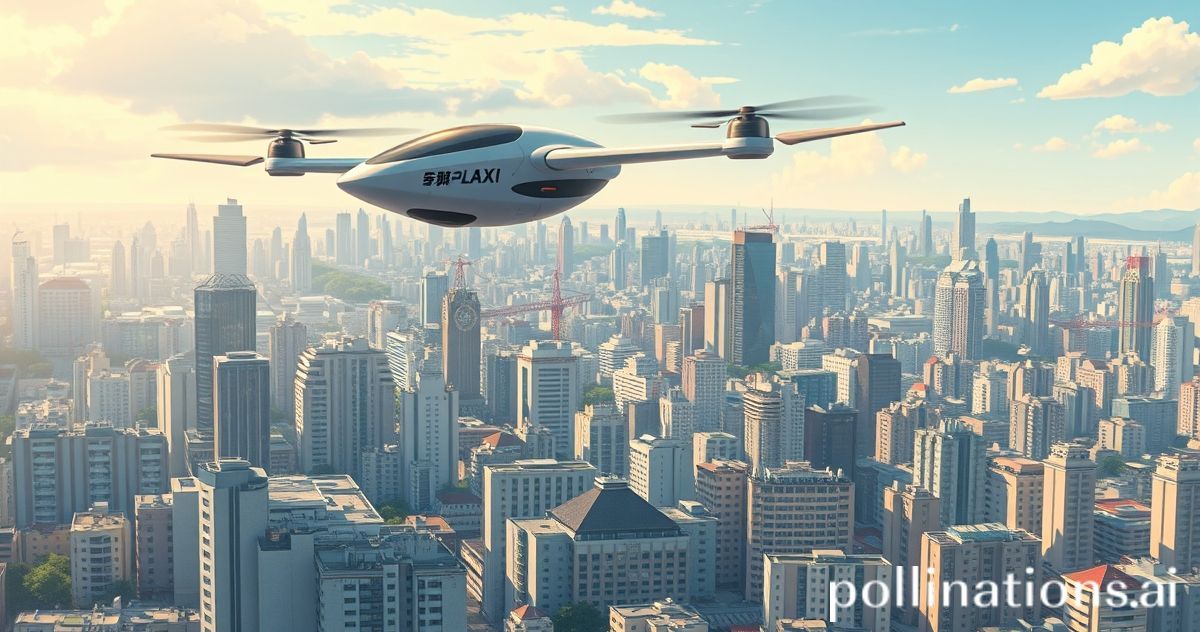
Historic Launch of Commercial Urban Air Mobility
South Korea has officially entered the era of urban air transportation with the successful launch of commercial drone taxi services between Yeouido and Incheon International Airport. This groundbreaking initiative marks 2025 as the inaugural year of urban aviation revolution, positioning Seoul as a global pioneer in advanced transportation technology.Service Details and Operations
The drone taxi service, operated by Korea Urban Air Mobility Corporation in partnership with international technology providers, offers regular scheduled flights between Seoul's financial district and the nation's primary international airport. The service operates with state-of-the-art electric vertical takeoff and landing (eVTOL) aircraft capable of carrying up to four passengers plus pilot. Flight time for the 40-kilometer route has been reduced from the typical 45-60 minutes by ground transportation to just 15 minutes via air, representing a revolutionary improvement in urban mobility efficiency. The service operates on a hub-to-hub model, with dedicated vertiports established at both locations equipped with advanced air traffic management systems.Technology and Safety Features
The deployed drone taxi fleet utilizes cutting-edge autonomous flight technology combined with human pilot oversight for maximum safety. Each aircraft incorporates multiple redundant systems, advanced weather monitoring capabilities, and real-time communication with Seoul's integrated air traffic control network. Safety protocols developed specifically for urban air mobility include dedicated flight corridors, altitude restrictions, and comprehensive emergency response procedures. The aircraft feature advanced collision avoidance systems and can operate safely in various weather conditions typical of Seoul's climate.Regulatory Framework and Approval Process
The successful launch follows extensive regulatory development by South Korea's Ministry of Land, Infrastructure and Transport, which established comprehensive guidelines for urban air mobility operations. The regulatory framework addresses airspace management, pilot certification, aircraft maintenance standards, and passenger safety requirements. International aviation authorities have closely monitored Korea's regulatory approach, viewing it as a potential model for urban air mobility implementation worldwide. The Korean framework balances innovation promotion with rigorous safety standards, addressing concerns from traditional aviation stakeholders.Economic Impact and Industry Development
The drone taxi service launch represents significant economic implications for South Korea's transportation and technology sectors. Initial passenger capacity of 200 daily flights is expected to expand rapidly based on demand patterns and operational experience. Local technology companies have contributed essential components including battery systems, flight control software, and ground infrastructure. This domestic capability development positions Korea to export urban air mobility technology and expertise to international markets.Future Expansion Plans
Transportation authorities have announced ambitious expansion plans for the urban air mobility network. Additional routes connecting Gangnam business district, Gimpo Airport, and major suburban centers are scheduled for development through 2026. Long-term vision includes integration with Seoul's existing public transportation network, creating seamless multimodal journey options for residents and visitors. The expansion will incorporate advanced booking systems, dynamic pricing models, and integration with metropolitan transit cards.Global Significance
Seoul's successful drone taxi launch establishes South Korea as a global leader in urban air mobility implementation. International delegations from major cities worldwide are scheduled to visit Seoul to study the operational model and regulatory framework. This achievement demonstrates Korea's technological capabilities and regulatory agility, potentially influencing urban transportation development across Asia and beyond. The success provides valuable operational data for the broader global transition toward three-dimensional urban transportation systems.Original Korean Article: https://trendy.storydot.kr/it/


0 Comments